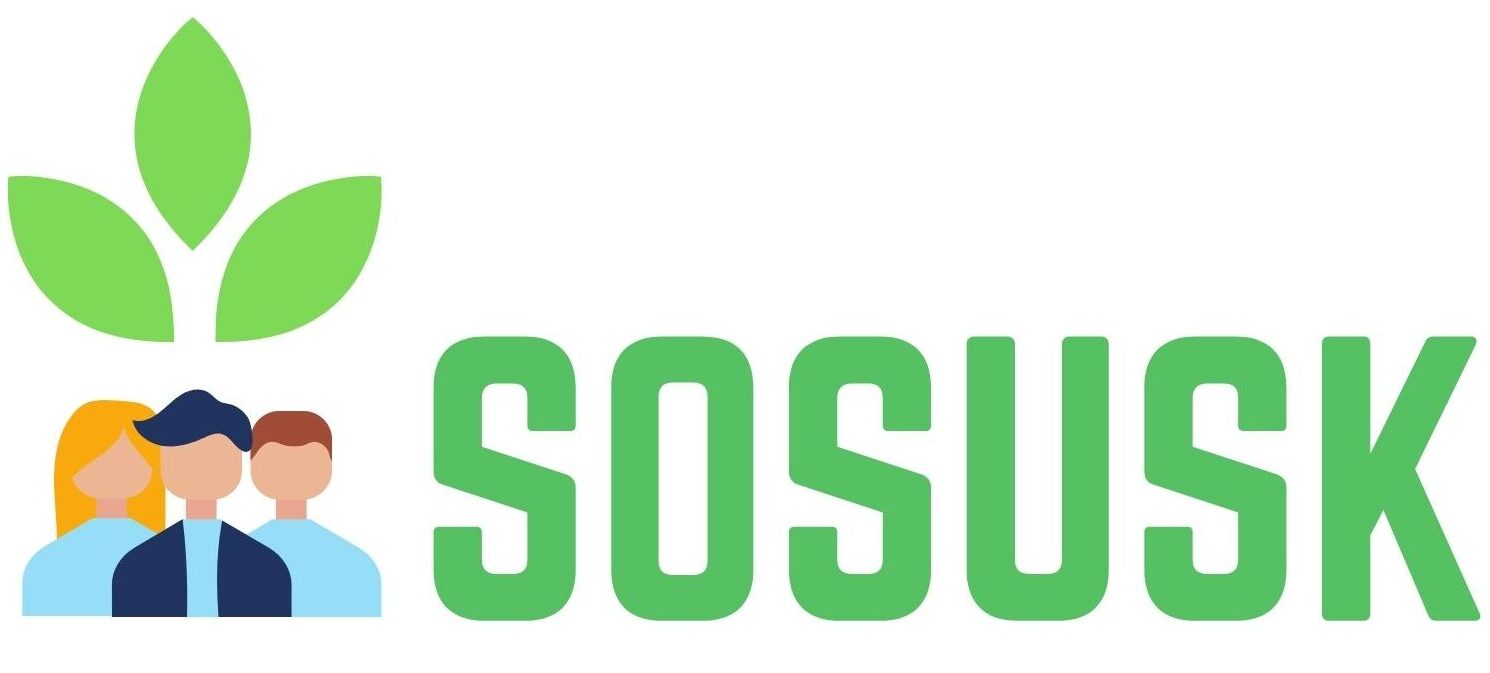SOSUSK: methods for NEETs learning
How to encourage sustainable and social entrepreneurial paths for young NEETs?
How to develop the necessary green skills of young people not working and not studying?
What tools should be used to get young people actively involved in the challenge of social and sustainable entrepreneurship?
And above all, what methods should be used to involve NEETs in a learning process?
The SOSUSK Project, led by the Greek Training Agency AKEP, sought to answer these complex questions, involving 7 European partners made up of Vocational Training Centre, Social Cooperative, Association, University and Chambers of Commerce from Belgium, Bulgaria, Croatia, Greece, Italy and Romania
During the two-year duration of the project several activities were carried out, including: three transactional meetings of the partners defining the activities at an international and local level, seven online modules aimed at developing basic entrepreneurial skills, the educational toolkit, the multilingual platform with skills tests and certification final, local in-person training for young NEETs, meetings with entrepreneurs in the sustainability topic, visits on site to companies, international training with a web based accelerator program, seven national events to disseminate the project’s results.
The project involved around 100 NEETs in training and requalification activities and it highlighted the successful methodologies used by the Consortium.
In particular, the Blended, Glocal, Personalized, Comparative and Interactive approaches have made it possible to develop an educational Model to be replicated in other realities and contexts.
The Blended approach has in fact created face-to-face workshops with trainers, tutors, experts and entrepreneur and remote insights with the online Platform; the Glocal method has realised both local training interventions and the NEETs international Mobility in Poland in order to compare the experiences of potential entrepreneurs; the Personalized approach made it possible to adapt the training to the target represented by young people, migrants, unemployed and students, focusing on their interests; the Comparative process, based on knowledge of European good practices and the comparison of experiences has encouraged the participation, as well as the peer to peer methods between young people and experts have created a solid, participatory and stimulating team.
The Sosusk project has therefore managed to train, retrain and involve the NEETs in qualifying and innovative paths for their professional future.





No responses yet